A lot of things in life get better after you turn 30. Unfortunately, your testosterone level isn’t one of them. Testosterone peaks during adolescence and young adulthood, but as men age, this manliest of hormones begins to drop by one percent each year beginning at age 30, and the decline affects your body and brain in myriad ways. We’re going to unpack the eight unfortunate effects of “low T,” but just because biology has it in for you and your masculinity doesn’t mean you have to take these changes lying down. (In fact, lying down may be one of the worst things you could do.) There are strategies to combat plummeting T levels, and we’re going to help you figure out which ones might work for you.
Cover Photo: tommaso79 (Getty Images)
Inspire: Justin Baldoni Is ‘Man Enough’ to Raise the Bar on Modern Masculinity
Mandatory Movies: What To Watch When You Need To Man Up
Follow Mandatory on Facebook, Twitter, and Instagram.
Low Testosterone 30s
-
Low Libido

To be blunt, testosterone is what makes you want to fuck. As T decreases in your system, you may find the urge to mate is less intense. Suddenly, you can take sex or leave it. You’d rather binge watch a good show, eat a bucket of fried chicken, and fall asleep in your recliner than swipe through Tindr looking for your next one-night stand.
What you can do: Get moving! Exercise pumps blood throughout your body, cock and balls included. Indulge your fantasy life (yes, this means all the porn, but it could also include erotic reading and role-playing with your partner). Build anticipation by planning a date night and getting excited about the sex it will inevitably involve; make a playlist, set the scene, take a long shower and primp beforehand.
-
Erectile Dysfunction
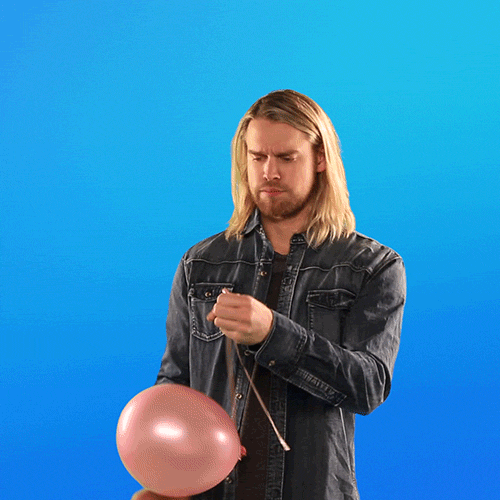
The most disturbing side effect of low T is the inability to get (or keep) it up. Suddenly, your once rock-hard, go-all-night member is acting like a lazy stoner. While the occasional dick disappointment is nothing to be concerned about, if your cock is failing to crow on a regular basis, it’s time to call in the professionals.
What you can do: They make drugs for this, and for good reason. Viagra is just one of the options for medically-induced erections you can discuss with your doctor. If boner pills don’t work, testosterone replacement therapy may also be necessary.
-
Loss of Muscle Mass

Testosterone is what gives muscles that pumped-up look. As your T dips, your muscles deflate, and what was once high and tight is now soft and saggy.
What you can do: Make sure your exercise routine incorporates cardio and strength training. Either of those alone won’t be enough. You need them both. Get more sleep so that when it’s time to hit the gym, you’re raring to go. Recover with high-protein foods to give your muscles a boost. You can also talk to your doctor about whether testosterone supplementation is right for you.
-
Fat Gain
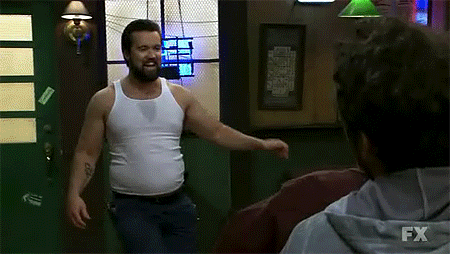
It’s so unfair. You’re not even a dad but you’ve been cursed with dad bod. Blame low T. Beyond the aesthetic of a fuller shape, though, the real danger in weight gain (no matter what the cause) is that it increases your risk of Type 2 diabetes, heart disease, and some cancers.
What you can do: There’s no shortcut here. You have to lose weight. And to do that, you’ll have to burn more calories than you consume. This means cutting out any empty calories and replacing them with healthy foods in addition to exercising. If you’re already athletic, now is the time to step up your exertion and work out harder. Seek out a trainer if you need some ideas on how to make that happen.
-
Decreased Energy
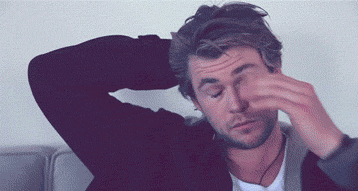
Low T can mess with your sleep at night, leaving you drowsy and unmotivated by day. You might feel like you’re dragging a giant sandbag previously known as your body around. Your usual get-up-and-go is more like crawl-into-a-hole-and-sleep-until-spring.
What you can do: We’re going to sound like a broken record, but here goes: exercise! It seems counterintuitive, but by expending energy, you’ll gain more oomph. Low energy also means it’s time to tweak your diet and make sure that you’re fueling your body with high-quality calories from whole, healthy foods, not processed ones purchased at the gas station or drive-thru window.
-
Mood Changes
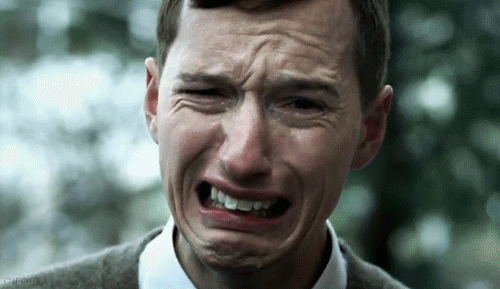
Feeling anywhere from mildly blue to downright depressed is common when testosterone levels start to dwindle. You may also feel irritable or experience mood swings.
What you can do: You’ve heard it before, but it bears repeating: exercise and diet are crucial in mediating your mood. Yoga and meditation can help you find your Zen. Therapy can be a beneficial way to unload your feelings without taking them out on your loved ones. Antidepressants may also be warranted if your depression is severe and/or persistent.
-
Memory Impairment
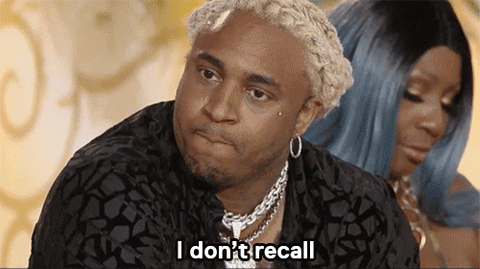
If only this meant we forgot all our former fuckups, that ex we can’t stop obsessing about, and how little our boss appreciates us! Unfortunately, low T means your brain is like Teflon: new information slides right off and doesn’t get stored as reliably as it used to. You forget what room the morning meeting is in, what the new guy’s name is, or the cross streets of that restaurant you wanted to check out at lunch.
What you can do: A daily meditation practice can help the brain maximize its memory storage space. If meditation puts you to sleep, no worries; naps are good for your brain, too. Some studies show that caffeine, berries, and chewing gum may improve memory functioning. Play brain games like sudoku and crosswords to keep your grey matter in tip-top shape. Finally, be proactive: if you're likely to forget something, write it down or set an alert on your phone.
-
Balding
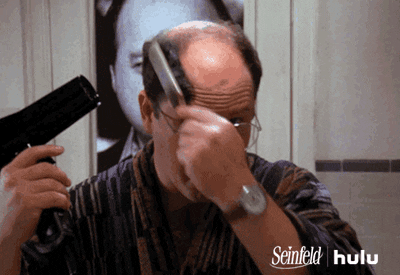
Low T levels means your hair – on your head and your face – falls out easier. It sucks, though the one upside is if you have a hairy back (or other unflattering hairy areas), they, too, might just resolve themselves. Hello, dolphin bod!
What you can do: Try Rogaine. Look into laser treatments. Spring for a surgical follicle hair transplant. Or say “fuck it” and shave your head. (It’s badass and plenty of ladies love the look.)









